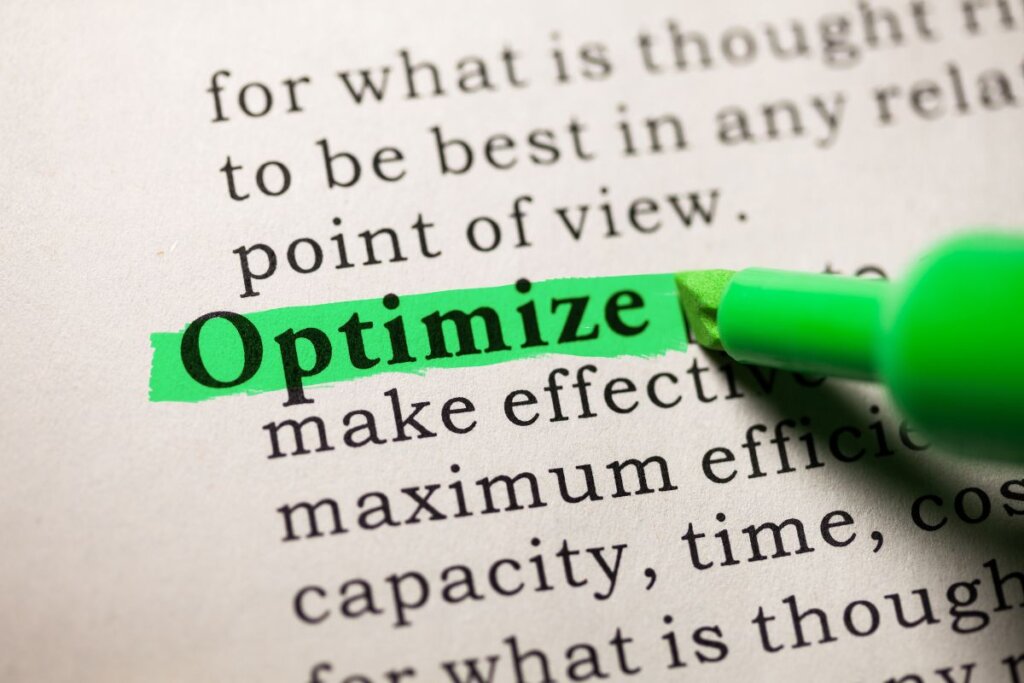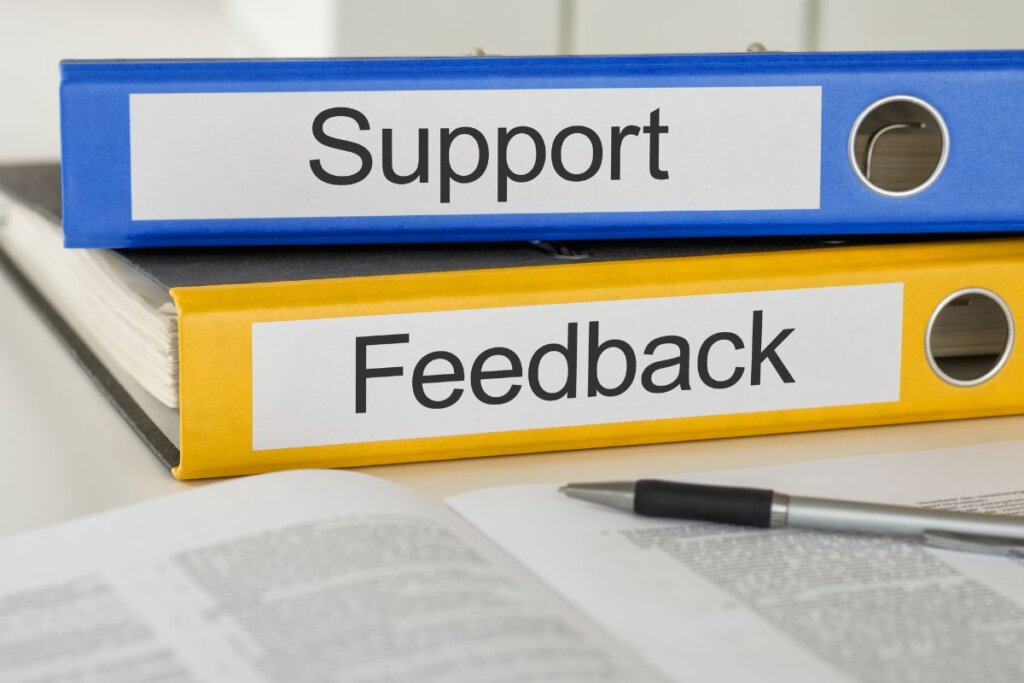Optimizing the legal intake process is a critical step for law firms looking to boost efficiency, enhance client satisfaction, and improve case outcomes. A well-structured intake process not only sets the stage for smooth case management but also ensures that clients feel heard and valued from the very first interaction. As competition grows and clients demand quicker, more personalized service, streamlining intake has never been more important. By adopting best practices and using modern solutions, law firms can simplify their procedures, reduce administrative burdens, and focus on what truly matters—providing quality legal representation.
Here’s a guide on how to improve your legal intake process:

Why Optimize Legal Intake?
Enhanced Client Experience: Streamlining intake processes leads to quicker response times and a more personalized approach, increasing client satisfaction and fostering positive reviews.
Increased Efficiency: Efficient intake procedures help law firms manage their caseloads better by automating routine tasks and reducing manual data entry, allowing more cases to be handled with greater accuracy.
Better Case Management: A well-optimized intake process provides accurate and complete case documentation, which is crucial for informed decision-making and effective case management.
Cost Savings: Reducing administrative overhead through efficient intake procedures can lead to significant cost savings, enabling firms to allocate resources more effectively.

Best Practices for Optimizing Legal Intake
Implement Technology Solutions: Utilize legal intake software and case management systems to automate data collection, streamline communication, and track case progress. Technology can enhance the efficiency and accuracy of your intake process.
Standardize Forms and Procedures: Create standardized intake forms and procedures to guarantee consistency. Templates for common questions and case details should be developed to facilitate quicker and more accurate data collection.
Train Your Team: Proper training for intake staff is crucial. Make sure that team members are proficient in using technology tools, understand the importance of data accuracy, and excel in client communication.
Enhance Communication Channels: Offer multiple communication channels, such as phone, email, and online forms, to make it easier for clients to reach out. Confirm that these channels are well-managed and prompt responses are given.
Review and Refine Processes Regularly: Continuously assess and improve your intake processes. Regular reviews can help identify and address any issues, ensuring that your procedures remain effective and efficient. Focus on Client Confidentiality: Protect client information by ensuring that all intake processes comply with data protection regulations. Handle sensitive information with the utmost care and security.

Data-Driven Decision Making
Optimizing your legal intake process can lead to more than just efficiency; it can also provide valuable insights. By collecting and analyzing data from your intake forms, law firms can identify trends, client preferences, and case types that help shape future strategies. This data-driven approach not only improves decision-making but also allows firms to allocate resources more effectively, leading to better case outcomes. Leveraging intake data can also highlight areas for improvement in client service, helping firms stay competitive in the evolving legal landscape.

Integrating Client Feedback
One often-overlooked aspect of optimizing legal intake is incorporating client feedback into the process. By regularly seeking and integrating feedback from clients, law firms can fine-tune their intake procedures to better meet client needs. Whether it’s simplifying intake forms, improving communication methods, or offering more personalized service, listening to your clients can significantly improve their overall experience. In turn, this leads to increased client loyalty, positive word-of-mouth, and a stronger reputation for your firm.

The Importance of Follow-Up
Effective follow-up is a crucial part of a well-optimized legal intake process. After gathering initial information, promptly following up with potential clients shows that your firm values their case and is committed to providing timely service. Regular updates and clear communication help build trust and keep clients engaged, reducing the likelihood of losing leads. An efficient follow-up system, whether through automated reminders or personalized outreach, can ensure that no potential client falls through the cracks, improving client retention and overall satisfaction.

The Role of PNCAI
PNCAI offers specialized legal intake services and solutions designed to enhance the efficiency of law firms. By providing advanced intake software and expert support, we help firms streamline their intake processes and manage cases more effectively.
Partnering with us allows law firms to benefit from customized solutions tailored to their specific needs. Our services include cutting-edge intake technology and dedicated support to help your firm operate at its best.
Optimizing your legal intake process is crucial for improving efficiency and client satisfaction in the legal field. By adopting best practices and leveraging innovative solutions, law firms can enhance their operations and deliver superior service to clients.PNCAI is ready to support your firm in optimizing legal intake with our specialized services and solutions. Contact PNCAI today to find out how we can help streamline your intake process and drive success in your practice.



